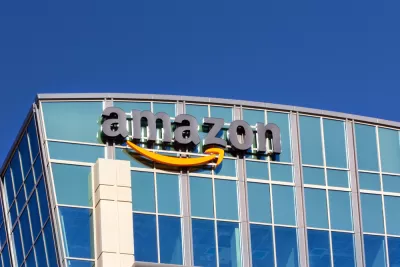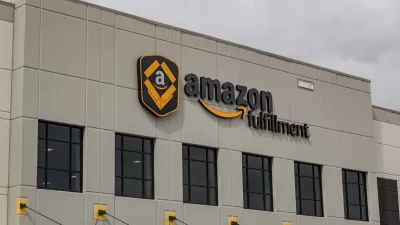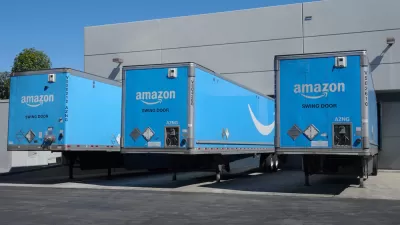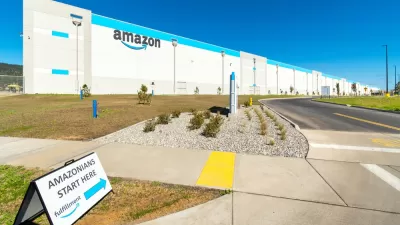On the heels of building its HQ2 facility in Arlington, Amazon continues to expand its hubs in cities spread out across the country.

Amazon's growth continues unabated, reports John Cook, as the company plans for further expansion in Austin, Chicago, and Phoenix, in addition to adding a projected 25,000 workers at its Arlington, Virginia HQ2 hub.
It’s yet another signal that the cloud computing and online retailing giant plans to diversify the geographies where its technology workers and corporate staff do business, something that will take on more importance as directors at the company begin to individually decide remote work policies.
The company plans to add 2,000 jobs in Austin, 550 in Tempe, and 450 in Chicago as part of its decision to create 3,500 jobs in six cities. "Having geographic diversity will help Amazon recruit more broadly, and provide more flexibility for current workers who may find it more convenient to live in other parts of the country." While Amazon's biggest employment growth has been in its fulfillment centers, it also plans to spread out its corporate staff to more cities.
Amazon's rapid growth has drawn concern from community activists who warn that warehouse facilities, often located in low-income communities, contribute to poor air quality, increased traffic congestion, and other public health impacts. At the same time, Amazon has indicated a shift to owning rather than leasing land, which could have powerful implications for the industrial real estate market.
FULL STORY: Amazon continues amazing growth spurt, expands presence at Austin, Chicago and Phoenix tech hubs

Maui's Vacation Rental Debate Turns Ugly
Verbal attacks, misinformation campaigns and fistfights plague a high-stakes debate to convert thousands of vacation rentals into long-term housing.

Planetizen Federal Action Tracker
A weekly monitor of how Trump’s orders and actions are impacting planners and planning in America.

Chicago’s Ghost Rails
Just beneath the surface of the modern city lie the remnants of its expansive early 20th-century streetcar system.

Bend, Oregon Zoning Reforms Prioritize Small-Scale Housing
The city altered its zoning code to allow multi-family housing and eliminated parking mandates citywide.

Amtrak Cutting Jobs, Funding to High-Speed Rail
The agency plans to cut 10 percent of its workforce and has confirmed it will not fund new high-speed rail projects.

LA Denies Basic Services to Unhoused Residents
The city has repeatedly failed to respond to requests for trash pickup at encampment sites, and eliminated a program that provided mobile showers and toilets.
Urban Design for Planners 1: Software Tools
This six-course series explores essential urban design concepts using open source software and equips planners with the tools they need to participate fully in the urban design process.
Planning for Universal Design
Learn the tools for implementing Universal Design in planning regulations.
planning NEXT
Appalachian Highlands Housing Partners
Mpact (founded as Rail~Volution)
City of Camden Redevelopment Agency
City of Astoria
City of Portland
City of Laramie





























